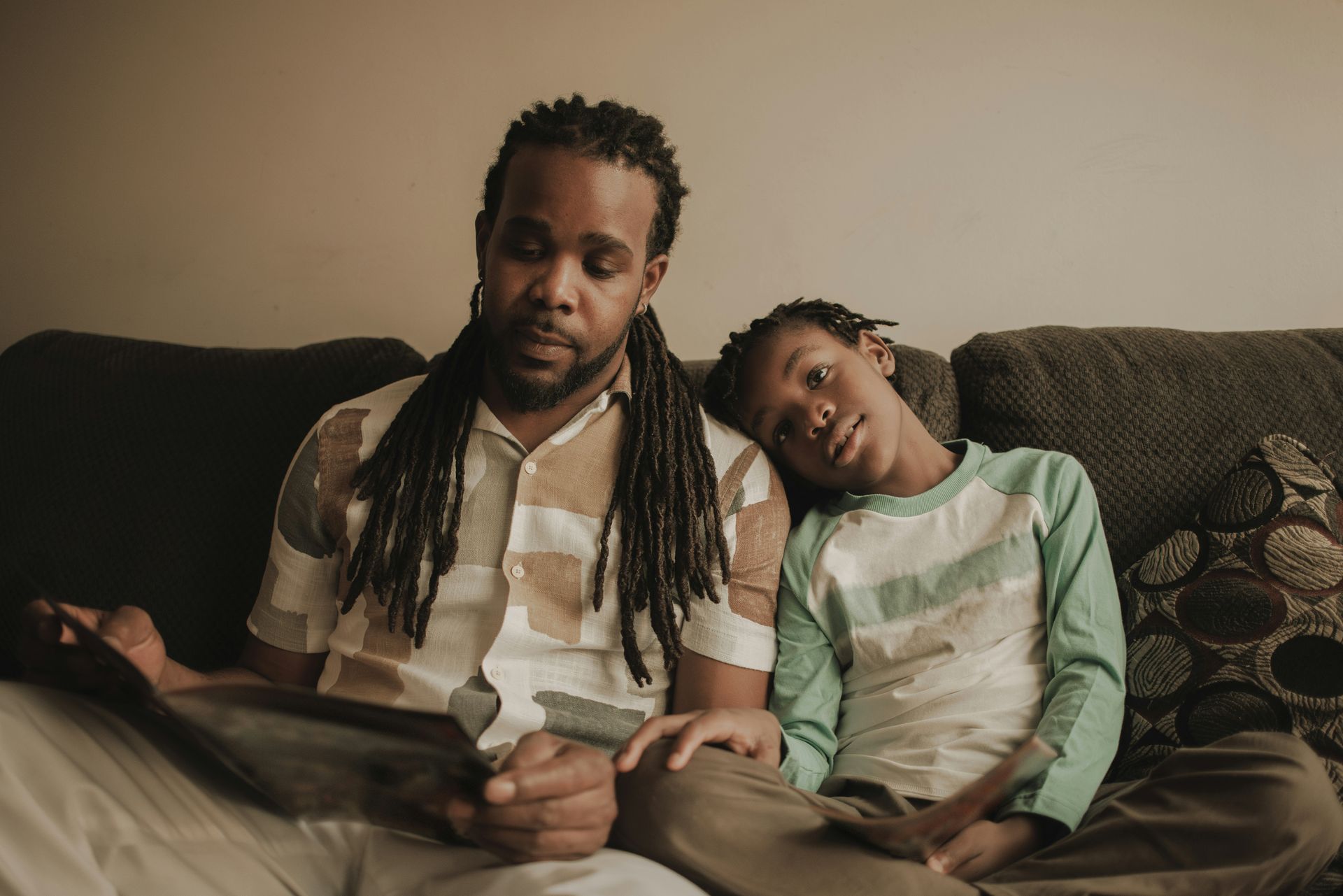Restraining Order Attorney – Domestic Violence & Civil Harassment Orders
Legal Protection When It Matters Most
Restraining orders are powerful legal tools that can impact your safety, your freedom, and your future. At the Law Office of Gregory S. Clark, we represent individuals seeking protection from violence or harassment—and those defending themselves against false or exaggerated claims. Whether you need to file a restraining order in Placerville or fight one that was filed against you, we’ll help you navigate the process with clarity and resolve.

Types of Restraining Orders in California
California offers several types of restraining orders depending on the nature of the relationship and the conduct involved. We help clients understand which type applies and what protection or defense they may need:
- Domestic Violence Restraining Orders (DVRO): For abuse or threats from a current or former spouse, dating partner, co-parent, or close family member. These orders can include move-out requirements, no-contact terms, and custody implications.
- Civil Harassment Restraining Orders: For harassment by someone outside of a close relationship—such as a neighbor, roommate, coworker, or acquaintance.
- Emergency Protective Orders (EPOs): Issued by law enforcement and a judge in urgent situations, usually lasting only a few days. We help transition from these short-term protections to longer-term orders when needed.
- Temporary Restraining Orders (TROs): Filed with the initial petition and granted on a temporary basis if the judge finds immediate risk. These last until the court hearing.
Helping Victims Seek Protection
If you or your children are being threatened, stalked, or harmed, we’ll help you take swift action to protect yourself. That includes:
- Filing the appropriate restraining order petition
- Preparing supporting evidence like police reports, threatening messages, and medical records
- Representing you in court to secure no-contact and stay-away orders
- Requesting custody or move-out orders where appropriate
- We understand how urgent and emotional these cases are. Our goal is to help you feel heard, believed, and protected throughout the process.
Defending Against False or Unfair Restraining Orders
Being served with a restraining order can disrupt your life in an instant—removing you from your home, separating you from your children, and damaging your reputation. If someone has filed an order based on false claims, we’ll fight to protect your rights. That means:
- Gathering evidence that contradicts the allegations
- Presenting alibis, witness statements, and communications
- Cross-examining the other party in court to expose inconsistencies
- False restraining orders are more common than most people think. We’ll make sure your voice is heard and your side of the story is clearly presented.
What to Expect from the Restraining Order Process
Here’s how restraining orders typically unfold in El Dorado County:
- Filing the Petition: The person seeking protection submits forms to the court. If there’s immediate risk, a judge may issue a Temporary Restraining Order the same day.
- Serving the Other Party: The respondent must be officially served before the hearing. This allows time to prepare a defense.
- Court Hearing: Usually held within 21 days of filing. Both sides can present evidence and testimony. The judge then decides whether to issue a long-term order.
- Length of Orders: A DVRO can last up to 5 years. Civil harassment orders typically last up to 3 years. Orders can be renewed if needed.
We prepare you thoroughly for the hearing—whether you're requesting protection or defending your rights.
Consequences & Conditions of a Restraining Order
Restraining orders can include:
- No contact by phone, text, email, or social media
- Staying a set distance away from a person, home, or workplace
- Firearm restrictions (relinquishment required under DVROs)
- Temporary child custody and visitation terms
Violating an order is a criminal offense and can lead to arrest. Whether you need protection or must respond to a court order, this process has lasting effects—we’re here to guide you through it responsibly and effectively.

What evidence do I need to get a restraining order?
Police reports, medical records, threatening texts or emails, photos of injuries, and witness statements are all helpful. We’ll help you gather and present the strongest possible case.
How fast can I get protection?
If the court believes you're in danger, you can receive a temporary restraining order within one business day of filing—sometimes the same day.
Do I have to face the other person in court?
Most hearings require both parties to be present, but interaction is limited to testimony. We’ll be by your side the entire time. If in-person attendance presents a safety concern, remote appearance may be an option.
Can a restraining order affect child custody?
Yes. Courts can issue child custody and visitation orders alongside a DVRO. This can include supervised visitation or temporary loss of custody for the restrained parent.
What if someone files a restraining order out of revenge or exaggeration?
You have the right to contest it. We’ll help you gather evidence, find inconsistencies in their claims, and argue your side in court. A denied order preserves your record and rights.
How long does a restraining order last?
Temporary orders last until the hearing—typically about 3 weeks. A final DVRO can last up to 5 years; civil harassment orders usually last 3. Renewals are possible if needed.
Your Safety—and Rights—Are Our Priority
Whether you're seeking urgent protection from abuse or standing up against a restraining order you don’t deserve, we’re here to help. At the Law Office of Gregory S. Clark, we understand the emotional and legal weight these cases carry. We’ll provide honest advice, strong advocacy, and steady guidance every step of the way.
If you’re in immediate danger, call 911. For legal help, contact us today to schedule a consultation.


